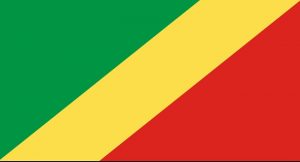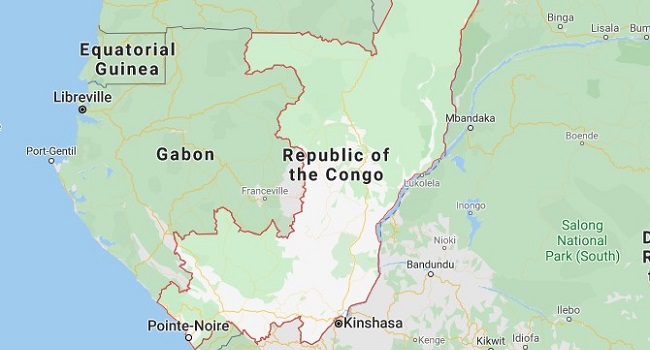
Opposition members say the national government of unity undermines a previous agreement.
President Joseph Kabila, in power since 2001, struck a deal in December with Congo’s main opposition bloc to stay on after his mandate expired provided he held elections by the end of 2017.
But talks to implement the deal broke down in March when Kabila refused to commit to the bloc’s choice of prime minister.
Despite the show of disapproval from the opposition, Tshibala said he was committed to working with all for the benefit of the country.
“The immediate actions of this government of national unity are deeply entrenched in the political accord of December 31st, 2016 and its terms. The 4 main points of action for the new government will be; one, to organise credible, free, transparent and peaceful elections, free at the agreed date. Number 2 will be to end the downfall of the country’s economy, number three will be to improve living conditions for the population and four will be to improve security throughout the country,” Tshibala said.
But political tensions remain in the country. Kabila’s opponents suspect he intends to repeatedly delay elections until he can organise a referendum to let himself stand for a third term, as his counterparts in the neighbouring Congo Republic and Rwanda have done.
Kabila denies those accusations, saying the election delays are due to challenges registering millions of voters and budgetary constraints.
Meanwhile, the president of Congo’s electoral commission (CENI), Corneille Nangaa said on Saturday (May 13) that the country’s elections could be delayed because of persistent militia violence in central Congo.
Under the 31st December deal, a presidential election to replace Kabila, must take place by the end of this year.
Nangaa, said the violence in the central Kasai region and other logistical constraints risked undermining the integrity of the vote.
“Elections must take place, but not just anyhow. If we organise the election hastily without preparing what is necessary because we must stick to the date, we risk having non-credible elections and that will probably lead to violence that we saw recently,” said Nangaa.
An insurrection in the Kasai region that first began last July has caused hundreds of deaths and displaced more than 1 million people, with thousands fleeing into neighbouring Angola.
Militiamen have ransacked six of the election commission’s headquarters in that region and beheaded three election workers, Nangaa said. As a result, enrolment operations have not yet begun in two provinces and parts of a third.
Nangaa said that while the elections slated for this year could technically be held without voting in those areas, he added:
“I don’t think we have much of a choice. The most important thing is to pacify that area and enrol as we’ve done elsewhere,” he added.
And even if enrollment in Kasai is completed by the commission’s July 31 target, Nangaa cast doubt on the feasibility of holding presidential, legislative and provincial elections together this year, as called for by the accord.
Many analysts say further delays could rekindle violent anti-Kabila protests that resulted in dozens of deaths last year.
Conflicts in Congo between 1996-2003, mostly in the east, caused the deaths of millions of people, mainly from hunger and disease. Dozens of armed groups continue to fight over natural resources and prey on the civilian population in the country.




